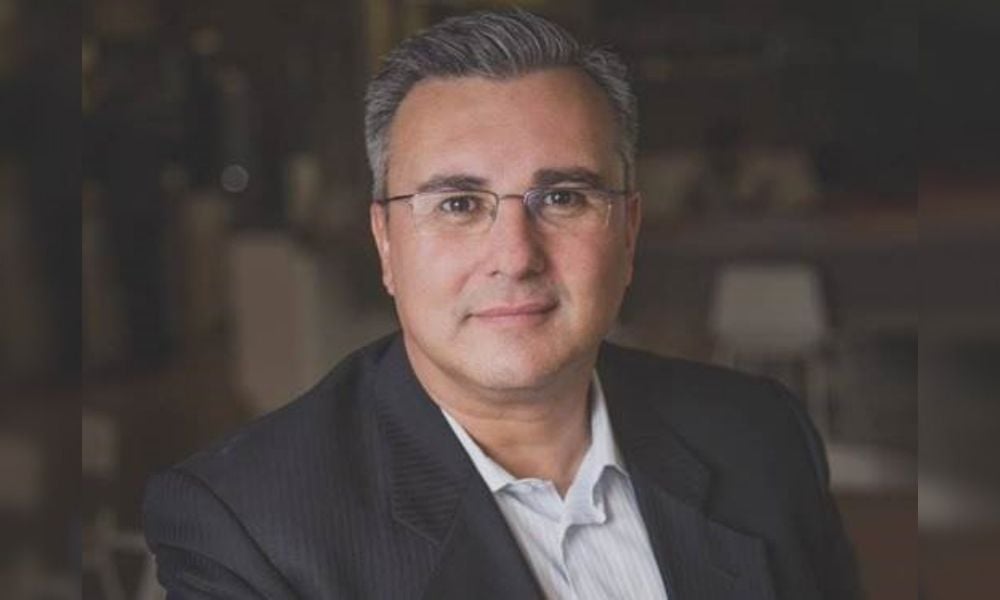28% of Canadian investors say charitable giving is important, but only 13% are ready for it

There’s a difference between charity and philanthropy – and advisors can help maximize those, especially now, when Canadian givings are down during the pandemic, Investment Planning Council’s Executive Vice President told Wealth Professional.
“They’re both incredible acts of kindness and generosity, but they’re different,” said Sam Febbraro. “When we think of charity, it’s focused on providing immediate relief to people and it can be driven by emotions or immediate need. We’re seeing that right now with donations of much-needed winter coats to shelters or non-perishable food items to food banks.
“When we talk about philanthropy, it’s more about focusing on helping people and society solve the problems over a longer-term. Think of building a school in an impoverished area or creating a sustainable scholarship fund. So, it’s important to discuss the issues of how much and how often, but it’s also important to include things like how best clients may want to conduct their giving.”
Febbraro said a recent wealth management trends survey indicated that 28% of Canadian investors believe charitable giving is even more important than when the pandemic began – which is an increase from the 20% who believed that a year ago. However, only 13% of investors are completely prepared for their philanthropic legacy planning. So, he urged advisors to raise the topic with their clients – especially since Canada Helps has reported that the overall giving to Canadian charities, which haven’t been able to hold many of their events during the pandemic, was expected to drop by 10% in 2021.
The best starting point is exploring what charities clients are already donating to, and what motivates them or what convictions they hold.
Advisors can also recommend including the client’s family in the legacy planning, so partners and children are “all aware of what is happening and there are no surprises when it comes to the family’s wealth”, especially if a client is planning to donate through a will. Including the family allows the various members to express their views and values – and perhaps even create a family mission statement about charitable giving so they define what motivates them, create a family blueprint, and also manage expectations, especially if some feel the money should be kept in the family instead.
“Those types of family meetings are so important, and they do bring families together to make sure there’s some level of consistency or find the common threads that might be there. If there aren’t, at least now the client is aware of that and how to manage through those, and I think that’s where the financial advisor plays an excellent role as an objective referee to manage that process,” said Febbraro, noting advisors can meet with various parties, then the group.
Advisors are probably well aware of the tax credits that these givings can earn. However, they can also help clients implement some other strategies. Clients could, for instance, combine donations amounts across several years to get a bigger tax break since unused donations can be carried forward for five years. Clients can also pool their charitable donations with a spouse or partner for a larger tax credit. Or, if they’re selling a commercial property or family business, they can exercise stock options to reduce tax liability. Clients can also donate cash, insurance, or other assets or properties. If they donate publicly-listed securities, the charity ca liquidate them, which eliminates some taxable capital gain and enhances tax benefits.
On a more advanced level, clients can also set up a private foundation, which can be expensive since there are ongoing administration costs. Or they can give cash or other assets to a registered public foundation.
“Given all these strategies,” said Febbraro, “advisors would be well advised to encourage their clients to sit down with the financial advisor or tax consultant because everybody has particular financial planning needs and some routes are more optimal for certain families to consider.”



